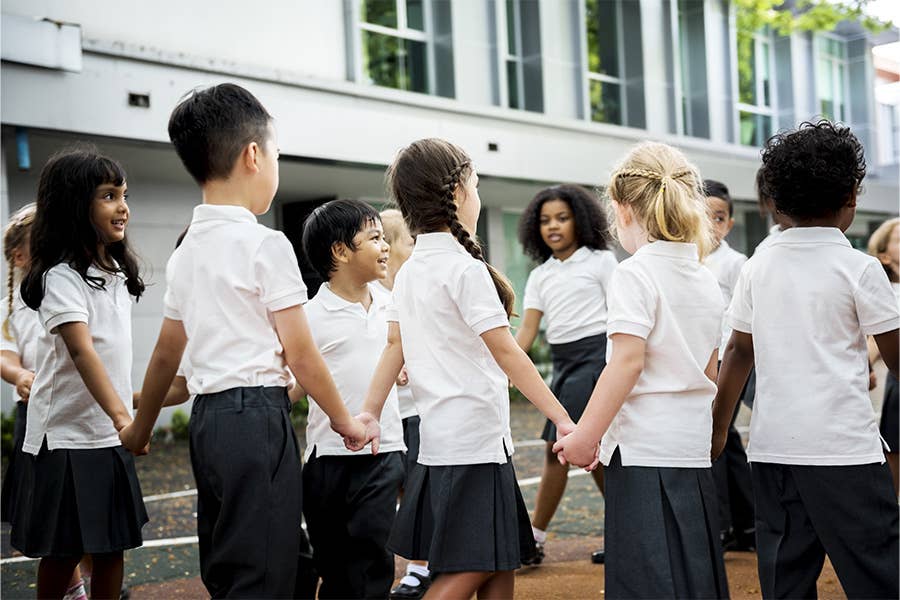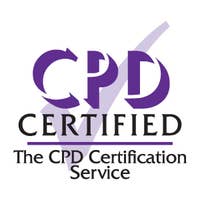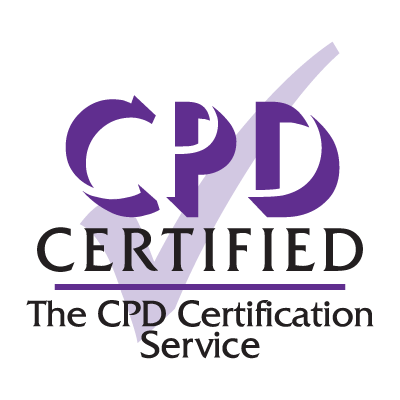Advanced Safeguarding Children (Level 2 Safeguarding)
Quantity: 1

Duration 2-3 Hours
Last audited 3rd July 2024


100% online training
Start when you like
Learn on any device (desktop, mobile or tablet)
Instant assessment and result
1 learner per course
Train teams of all sizes
Bulk discounts starting at 10% off 10 courses
Pay by invoice with 30 day payment terms available (5+ courses)
Includes a 10% discount for 10+ courses
If you work frequently with children and/or their families, it is essential that you have an up-to-date knowledge of child protection procedures. This Advanced Safeguarding Children course will help to increase your existing safeguarding knowledge and teach you more about what’s involved in the safeguarding process.
The course will remind you how to identify maltreatment and report concerns, you will also learn more about the safeguarding framework, recognising risks and what happens after a referral to social care has been made.
100% online training
Access anywhere
Same day digital certificate
Printed certificate posted next working day
Full audio voiceover
Assessment retakes at no extra cost
Developed by a qualified safeguarding and child protection consultant and trainer
Written in line with Department for Education (DfE) statutory guidance Working Together to Safeguard Children and Keeping Children Safe in Education (KCSIE) statutory guidance
Downloadable module summaries of key learning points
Earn 3 CPD points on completion
Bulk discount for orders of 10+ courses

Save on our courses when you buy more training upfront. Lock in a better price now and access the training whenever you need to. You can mix and match any of our courses too and get the discount off your whole order.
10+ courses = 10% off
50+ courses = 20% off
100+ courses = 30% off
500+ courses = 40% off
By the end of this course, you will be able to:

Accredited by CPD
All of our courses are accredited by the CPD Certification Service as conforming to universally accepted Continuing Professional Development (CPD) guidelines.
Recommended renewal:
3 years
What does this mean? This certificate does not have an expiry date, however, based on industry best practice guidelines there is a recommended renewal period.
Our in-house Learning Designers develop all of our courses to give you and your learners the most engaging training possible.








It is impossible to put an exact figure on how many children in the UK are suffering maltreatment at any one time, as it comes in many forms and many cases of child maltreatment go undetected and unreported.
Employers have a legal responsibility to ensure the health and safety of the children under their care and it is essential that those with safeguarding responsibilities are suitably trained so they can effectively carry out their duties.
Employees who work with children and/or their families have a duty to safeguard those they work with to provide the appropriate support. Employers must provide employees with information, instruction and training so they can fulfil their duties and responsibilities.
This module builds on your existing knowledge and outlines your responsibilities and what a culture of safeguarding is. It also covers key legislation and how organisations can work together to safeguard children.
This module explains the safeguarding framework, including different levels of need, as well as child protection and extra-familial safeguarding. It also covers early help and children in need.
This module covers the different categories of maltreatment, and outlines the general indicators that it is occurring so you know how to identify if abuse and/or neglect is present.
This module outlines different types of maltreatment, such as online abuse and domestic abuse and their indicators, so you can recognise possible safeguarding and child protection concerns.
This module covers additional vulnerabilities and explains the parental risk factors that can impact children. Adultification and adverse childhood experiences are also discussed in relation to increasing a child's vulnerability.
This module explains how to respond to safeguarding concerns and disclosures, including what you should record, how to share them and how to make a referral.
This module outlines what happens after a referral is made, including early help assessments and statutory assessments, and how to escalate a concern if necessary.
This module contains optional content for those working in education and explains the relevant legislation, policies and procedures, as well as roles and responsibilities.
The online assessment is taken on completion of the training material. You will be asked 20 multiple choice questions with a pass mark of 80%. The answers are marked automatically so you will instantly know whether you have passed. If you don't pass don't worry! You can take the test as many times as you need with no extra charge.
This Advanced Safeguarding Children course is suitable for anyone whose job role involves frequent or regular work with children and/or their families. This includes workers at all levels, including managers, supervisors, full-time and part-time staff.
This Level 2 Safeguarding Children course is written at an advanced level and contributes towards increasing and maintaining your existing safeguarding knowledge. If you require an entry-level training course that requires no previous knowledge then we recommend taking our Introduction to Safeguarding Children (Level 1 Safeguarding) Training.
If you are looking to take on the responsibilities of a Designated Safeguarding Lead or Officer then you should take our Designated Safeguarding Lead (Level 3 Safeguarding) Training. It outlines the key responsibilities of a Designated Safeguarding Person and provides the knowledge and skills required to take on the role.

In partnership with
Joanna Nicolas
Safeguarding and Child Protection Consultant
Joanna Nicolas is a highly regarded safeguarding consultant, trainer and social worker with 30 years of experience in the sector.
Joanna is a co-opted Board member of Cafcass and a member of the Prince’s Trust Safeguarding Advisory Panel. She is also a court-appointed expert witness in child protection cases.
She was a core trainer for her Local Safeguarding Children Partnership for 15 years and works with various Local Authorities and other organisations specialising in the most complex child abuse cases.
In recent years Joanna has worked with a range of UK organisations including the Department for Education, Ofsted and Local Safeguarding Children Partnerships.